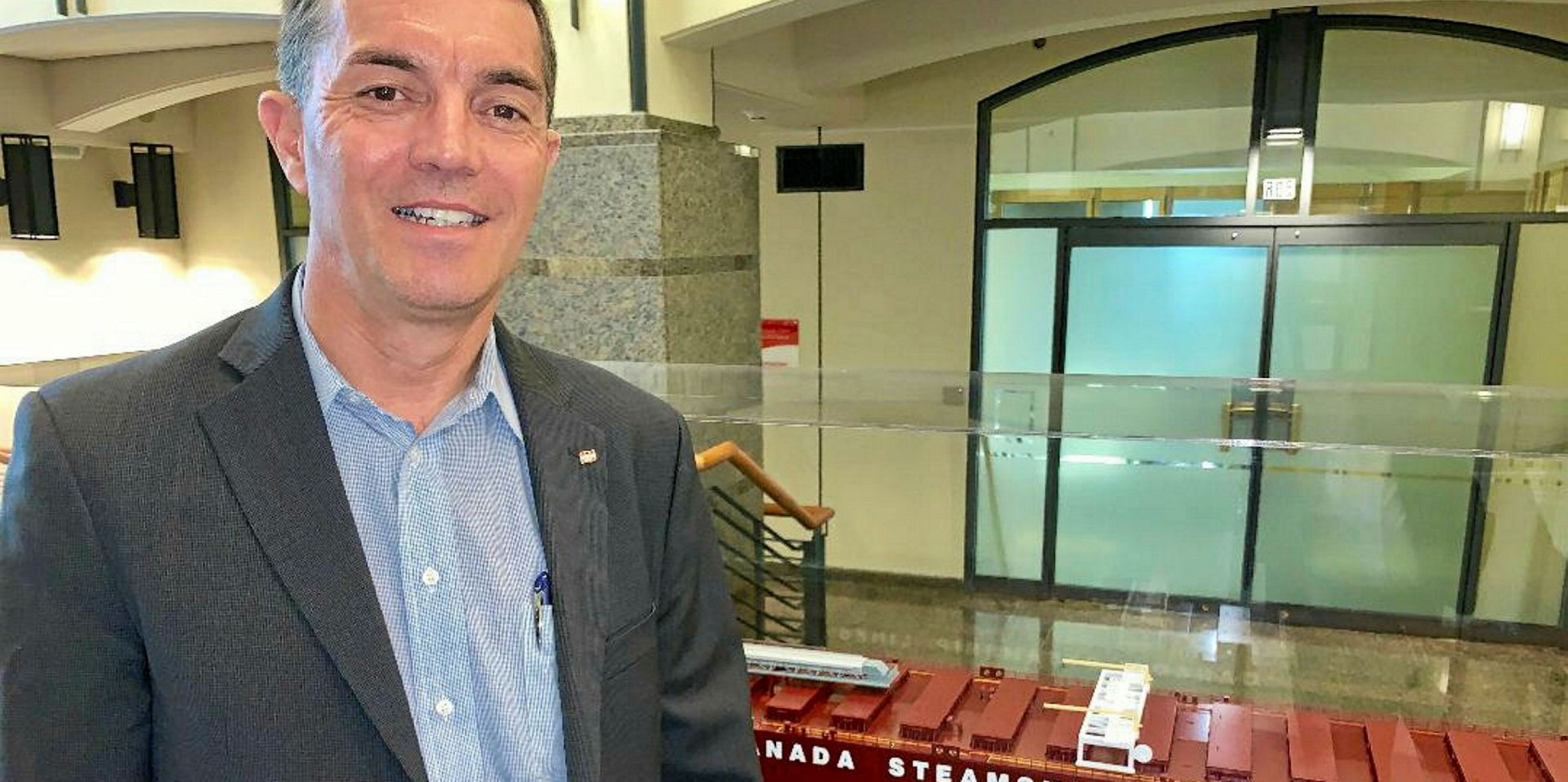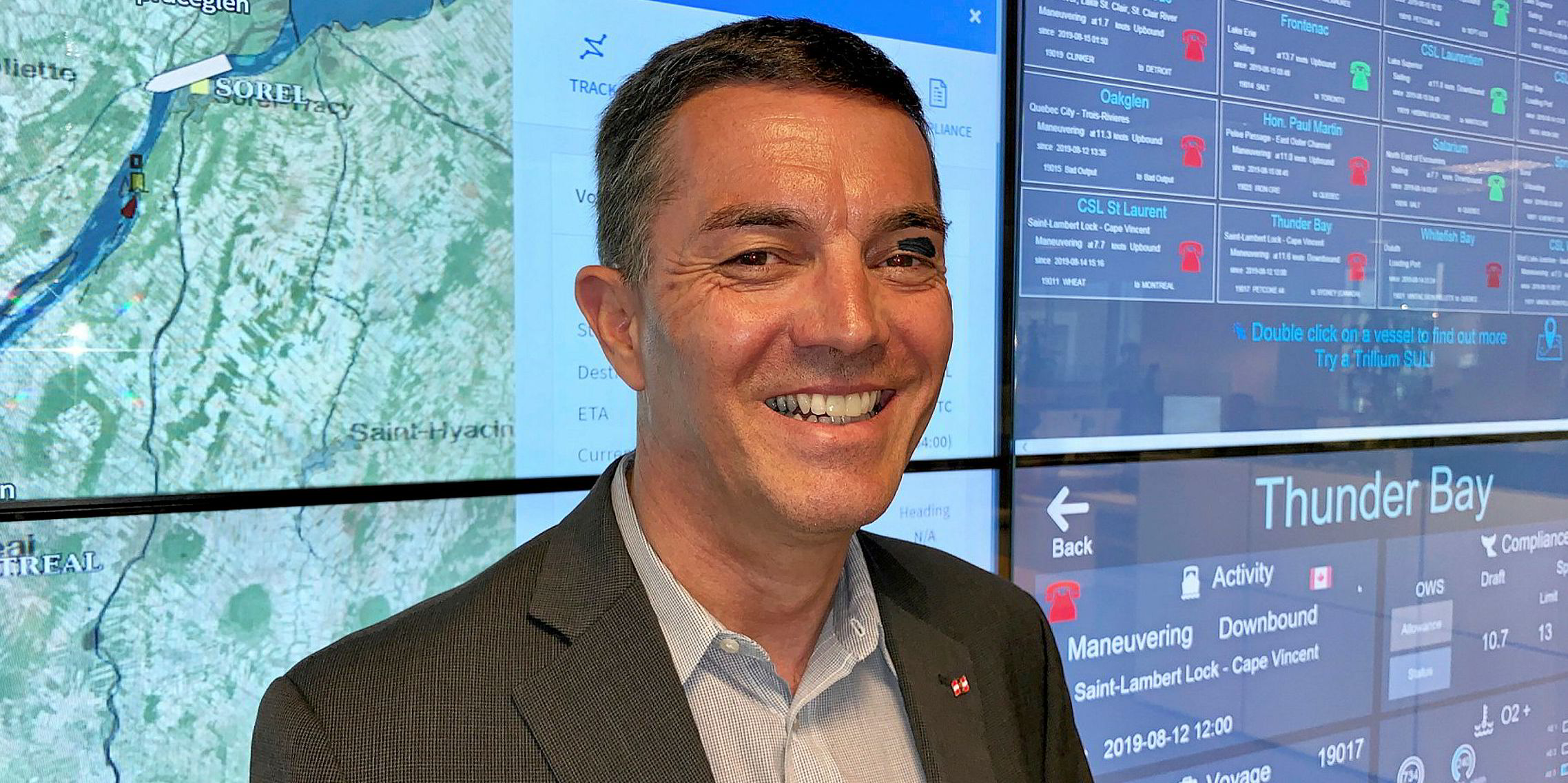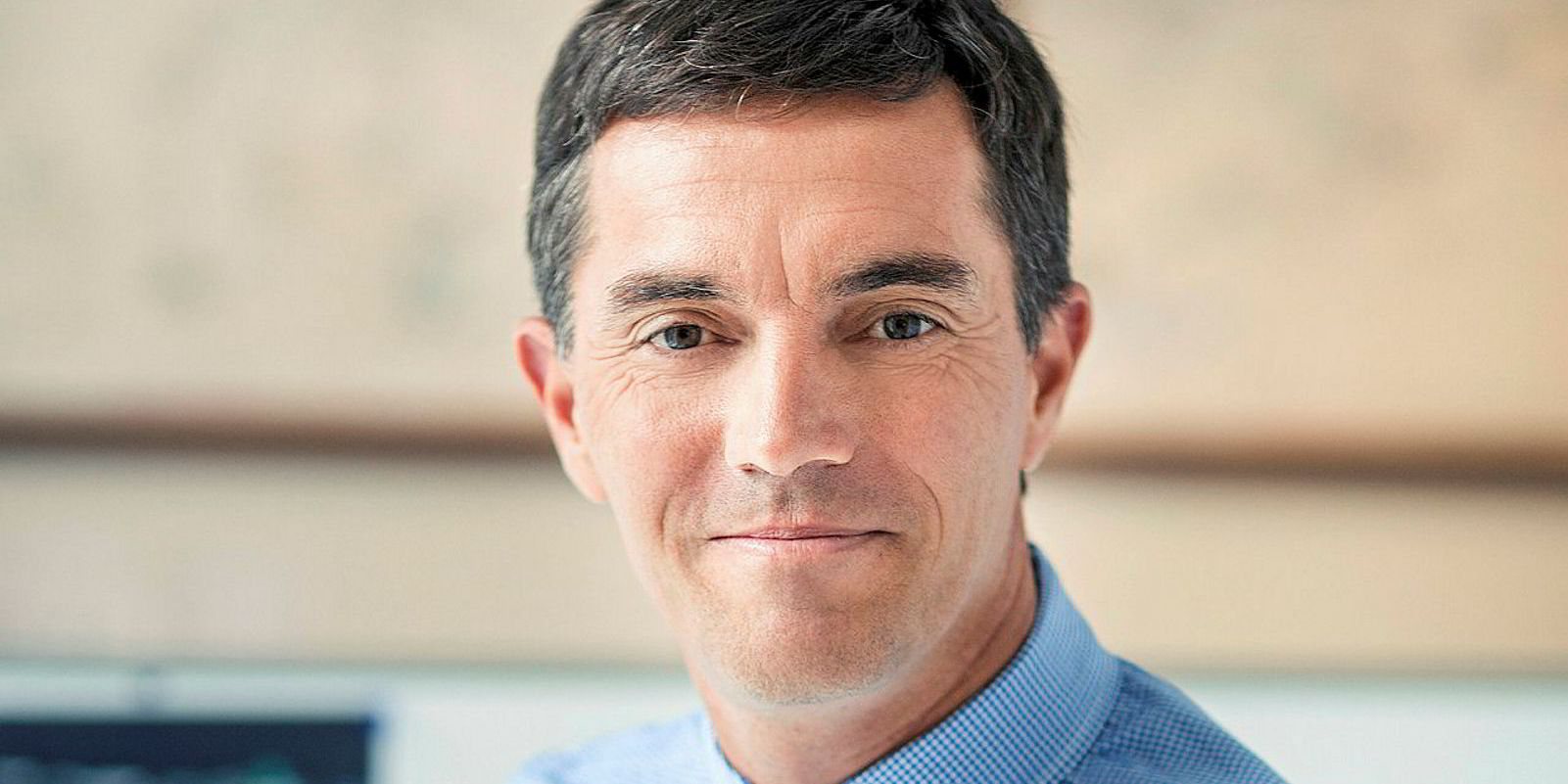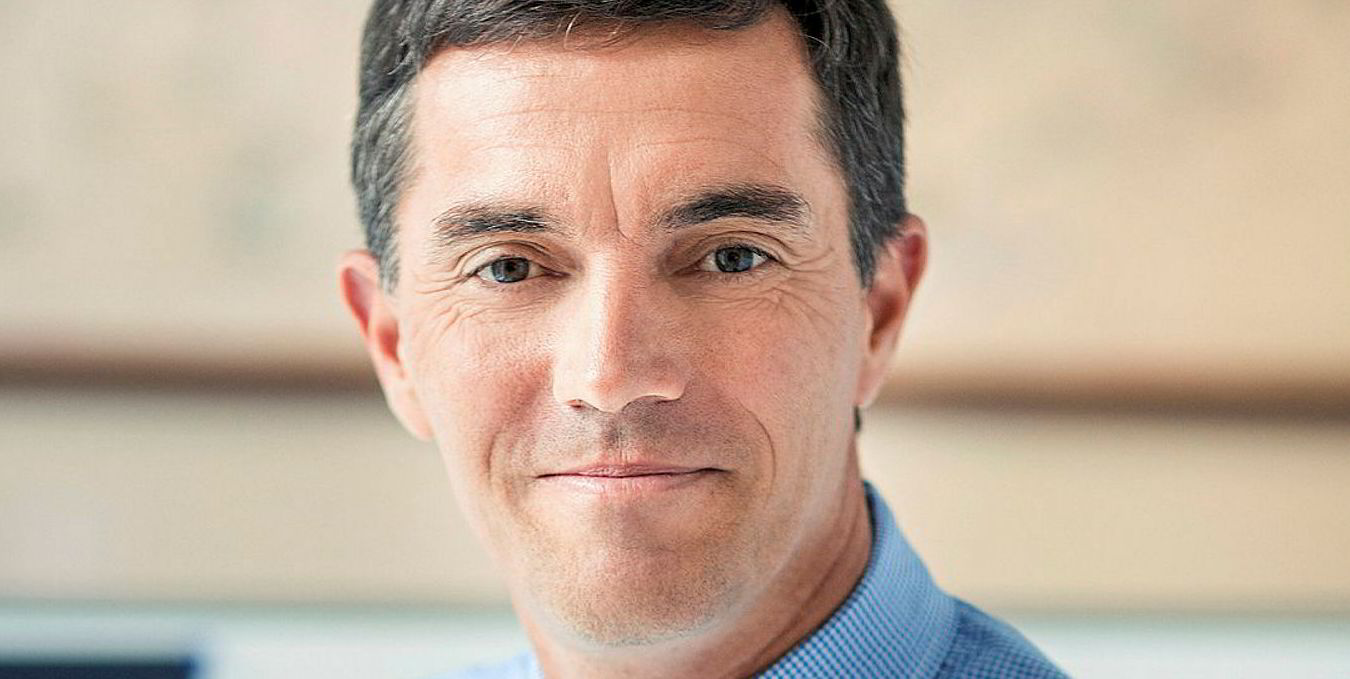At a time when listed shipowners are being urged to reveal their carbon dioxide emissions as part of their public reporting, a privately owned Canadian company is already writing the book on the subject.
For the past six years, Montreal-based CSL Group has annually published an 80-page Corporate Sustainability Report to document its efforts to reduce carbon emissions, improve environmental compliance and drive social responsibility.
“CSL’s annual Corporate Sustainability Report has been a testament of our steadfast commitment to conducting our business in a safe, responsible and ethical manner,” chief executive Louis Martel wrote in a foreword to the 2018 edition.
Public accountability
“We don’t merely aim to do the right thing for our employees, customers and communities, we hold ourselves publicly accountable by tracking and publishing our progress and accomplishments, year after year.”
CSL is the world’s largest operator of self-unloading bulkers. It focuses on shortsea voyages for large industrial customers under long-term contracts.
Martel observed in a recent interview with TradeWinds at his Montreal office that CSL is likely ahead of many others when it comes to IMO 2020 preparations given its history of operating in environmentally sensitive areas such as the St Lawrence Seaway and Great Lakes.
“From our point of view, we are already operating in an eco-sensitive area and the transition to IMO 2020 is not as abrupt as some companies,” Martel said.
“We have been transitioning with low-sulphur fuel for quite some time now.
As the shipping industry gets into big data, we are spending a fair amount of time and effort to improve our efficiency of operation. This is something I get excited about
Louis Martel
"From that reason, we don’t intend to fit scrubbers on our ships. There might be the odd exception — for a specific trade or customer it could make sense — but that would be very much an exception.”
Smooth operator
Martel described the transition to low-sulphur bunkers as a “fairly smooth” process.
“From an operating standpoint, it’s been good. From a supply point of view, we have to work a little harder at it. We don’t have that many ports where we can fuel our ships. We have to make sure that the right supplies are going to be available to us.”
CSL's carbon emissions rose by 10% in 2018 after reductions in 2016 and 2017. This was down to factors including an increase in the number and distance of ballasting legs, Martel said.
But CSL is hoping to bring those levels down again over 2019, in part through implementing voyage optimisation software and wiring its ships with sensors that yield real-time information on efficiencies.
“Our business is back on track and we’re doing well,” said Martel, who took the CEO’s chair in 2017 after 20 years with CSL, after training as a naval architect.
Big data
“We have a huge focus on modernising ourselves. We’re upgrading our back-office systems but also getting into the worlds of digitisation and data management with an initiative we call O2.
“As the shipping industry gets into big data, we are spending a fair amount of time and effort to improve our efficiency of operation. This is something I get excited about.”






